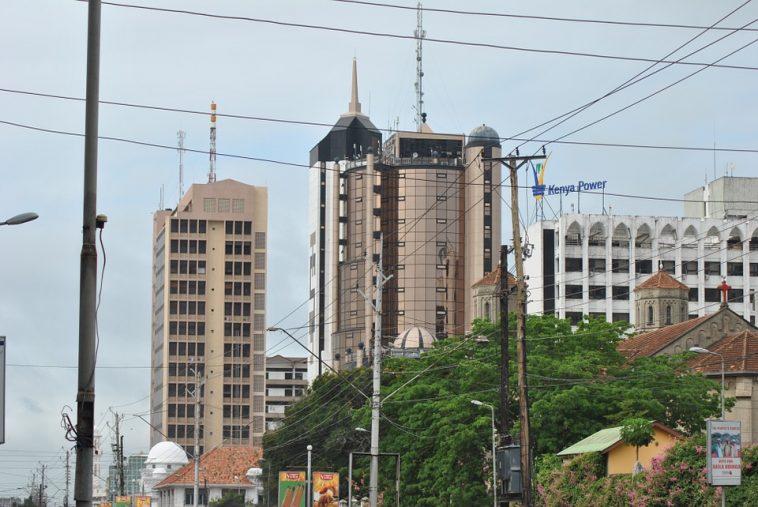Africa has experienced gradual development despite the slowdown in the recent past. A steady economic growth is expected to take place in 2018. There are many reasons to make the continent optimistic about the future. But there is one factor that the continent is still yet to meet and that is sustainability. The African economic future lies in its approach towards development. How the continent handles its past and present challenge is a determinant of its economic future.
According to World Bank and other Groups, the continent has always run short of opportunities to control its own economic future. But it is still struggling to make use of some of the available opportunities. This is despite the emergence of new opportunities. Moreover, the Intra-African trade is an important economic influencer for countries across Africa. The African neighboring countries are unable to carry out businesses with one another. This, therefore, hampers the regional trade intergradation that the affects the African Union.
The cost of traveling across the continent by the locals is more expensive. This is compared to those from the West coming into Africa. This makes it more difficult to carry out businesses across the borders. Furthermore, the high cost is before the addition of tariffs and various expenditures. The African Union should borrow the idea of an open market from European Union. This will help the continent to collectively develop its economy. The development can just come via stronger intra-African trade. But the continent has failed to meet the popular awakening giants. The 2000s popular awakening giants took place via its manufacturing revolutions. Furthermore, the World Economic Forum is addressing the manufacturing renaissance in Africa. This will raise the economy’s share of GDP.
The continent still depends on the imported goods from various countries like China. The imported goods cannot be compared to what the continent exports to the outside world. But China will be relocating its manufacturing jobs that are in Africa and parts of Asia to oversee. This will be a trying moment for the two continents. However, technological innovations are of help to Africa. There are many global tech improvements in different sectors. They are offering solutions to many problems. But the continent still has to make a global impact. This can only happen through attracting more investors and improving the local economy. Some countries have already gained attention in making the agricultural sector more digital. This has helped to improve the continent’s largest sector by the use of technology. Some of the countries that have helped to achieve that include Kenya, Malawi, and Rwanda.
The continent’s level of innovation is going hand in hand with the level of entrepreneurship. Africa’s tech startups managed to raise funding worth $195,060,845 in 2017. This was an increase by 51% from 2016. However, the continent depends on e-health and agri-tech as its main entrepreneurship drive. The two sub-sectors grew by 203% in 2017. Such improvement helps Africa to be able to solve its own problems. It can also create new business opportunities. But despite the opportunities, there are still many challenges influencing the African future.
Leadership is one of the main challenges of African development. Leadership squabbles in countries like DRC and Burundi show the negative effects of leadership on economic development. However, Rwanda has a complex situation. Despite the leadership problems, the country’s economy has still improved. Tanzania and Ethiopia are also showing good economic growth. But Ethiopia has experienced violent protest for many years now. John Magufuli Tanzania’s president is seen as an undemocratic dictator. You cannot talk about African problems without naming insecurity.
Ethnical violence is a major problem in many countries in Africa. Conflicts are evident in countries like Kenya. The country went through a hard political period during its double election in 2017. The high public debt experienced in Africa is a challenge to economic development. The International Monetary Fund (IMF) projected that the median level of public debt would exceed GDP by the end of 2017. But many African regions have failed to win the battle on food insecurity. East Africa is experiencing more droughts annually. The other cause of food shortage is conflict. A good example is South Sudan that was declared to be in famine for a while in 2017.
The higher population is also a factor that is leading to food shortage. This leads to a negative impact of human activity in the environment. The high population also puts much strain on public services, healthcare, schools and other sectors.



